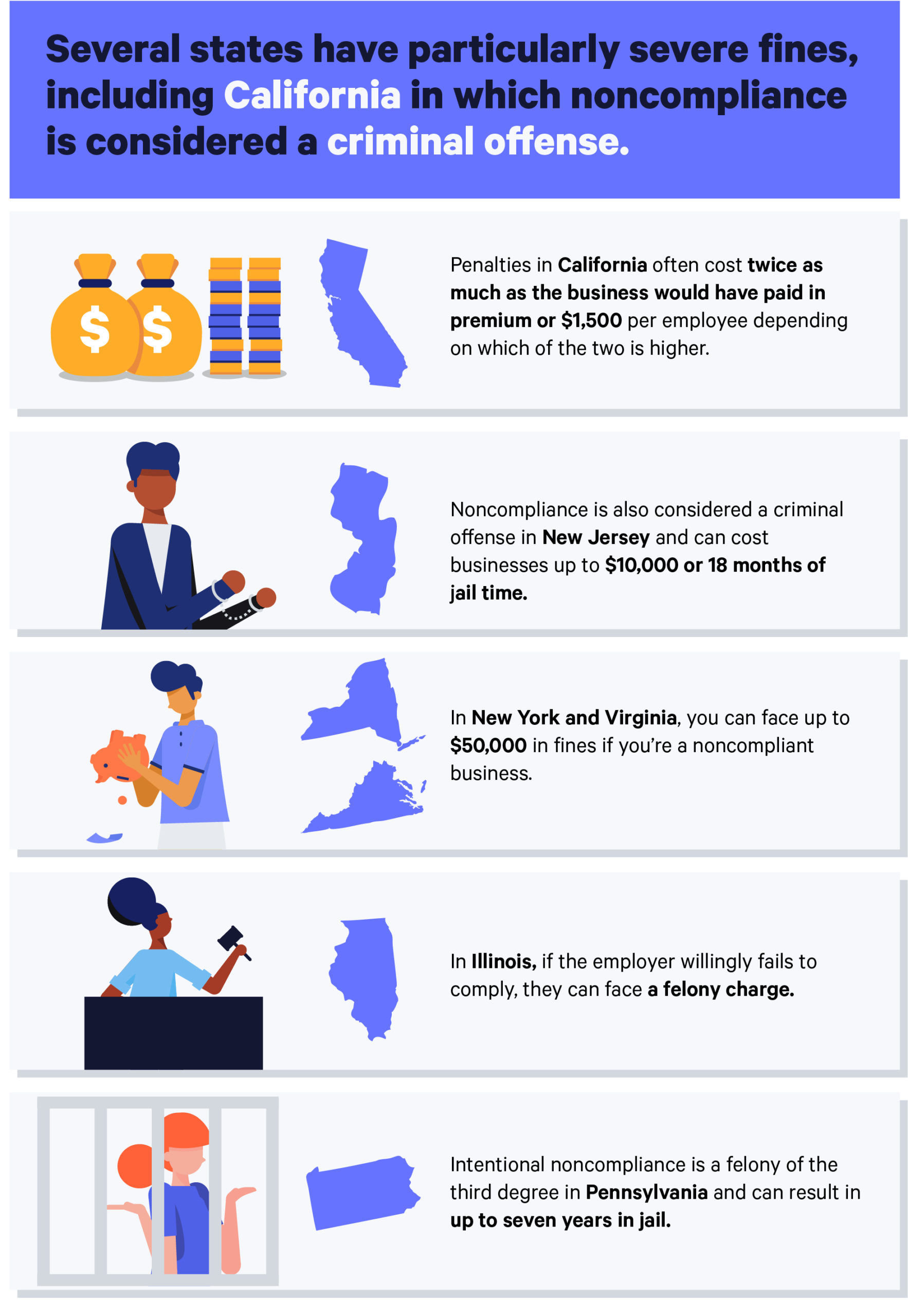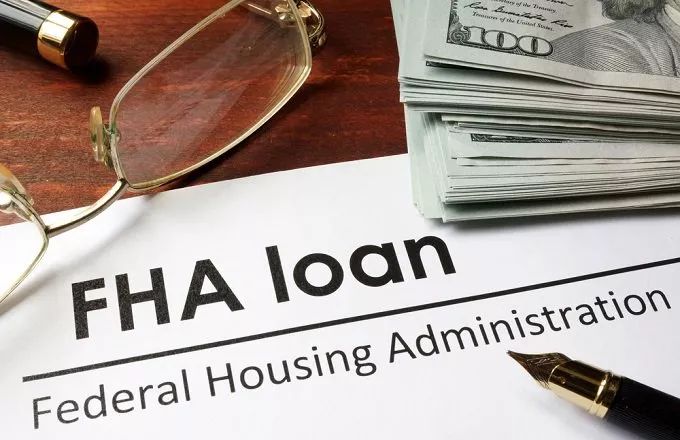Understanding FHA Loans: A Comprehensive Guide to Federal Housing Administration Financing
#### What is FHA?The Federal Housing Administration (FHA) is a government agency that provides mortgage insurance on loans made by approved lenders to borro……
#### What is FHA?
The Federal Housing Administration (FHA) is a government agency that provides mortgage insurance on loans made by approved lenders to borrowers with low to moderate incomes. Established in 1934, the FHA was created to encourage homeownership by reducing the risk lenders face when offering loans to individuals who may not have substantial financial means. FHA loans are particularly popular among first-time homebuyers due to their lower down payment requirements and flexible credit score criteria.
#### Benefits of FHA Loans
One of the primary advantages of FHA loans is the low down payment requirement. Borrowers can secure an FHA loan with as little as 3.5% down, making it an accessible option for many. Additionally, the FHA allows for higher debt-to-income ratios compared to conventional loans, which means that even if your monthly debts are significant, you may still qualify for an FHA loan.

Another significant benefit is the flexibility in credit scores. While many conventional loans require a credit score of at least 620, FHA loans can be obtained with a credit score as low as 580. For those with scores between 500 and 579, a higher down payment of 10% is required. This flexibility opens the door for many individuals who might otherwise be unable to secure financing.
#### FHA Loan Requirements
To qualify for an FHA loan, borrowers must meet certain requirements. Firstly, the property must be the borrower's primary residence. Secondly, the borrower must have a steady employment history or a proven record of steady income. Additionally, the FHA requires borrowers to complete a mortgage insurance premium (MIP), which protects lenders in case of default.
The FHA also has specific guidelines regarding the maximum loan amount, which varies by region and is based on the median home prices in the area. This means that in higher-cost areas, borrowers may qualify for larger loans.

#### How to Apply for an FHA Loan
The process of applying for an FHA loan is similar to that of a conventional loan. Borrowers should start by finding an FHA-approved lender. It's advisable to shop around and compare rates and terms from different lenders. Once you select a lender, you will need to provide documentation, including proof of income, employment verification, and credit history.
After submitting your application, the lender will conduct an appraisal of the property to ensure it meets FHA standards. If everything checks out, the loan will be approved, and you will move forward to closing.
#### Conclusion

FHA loans play a crucial role in making homeownership accessible to a broader audience, especially for first-time buyers. With their low down payment requirements, flexible credit score guidelines, and comprehensive support from the FHA, these loans are a valuable option for many individuals looking to purchase a home. By understanding the benefits, requirements, and application process, potential borrowers can take the necessary steps toward homeownership with confidence.